Letting go of spaces and possessions in retirement often seems like a practical decision. Many expect less upkeep and simpler routines, but major reductions can strip away comforts that support daily life in subtle ways. These are some things retirees recall with regret when they think about choices that limited their options too much.
Extra Bedrooms
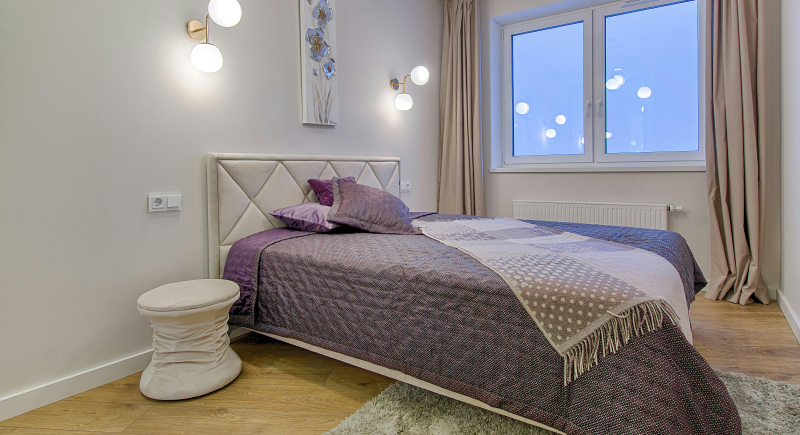
An extra bedroom once made life easier for various families. Retirees remember grandchildren staying overnight without anyone on the floor. On the other hand, a sewing table or model train layout had a permanent home. But de-cluttering removed that option. They explain how it forced them to turn down visits and made hobbies less inviting.
Workshop Or Garage Space
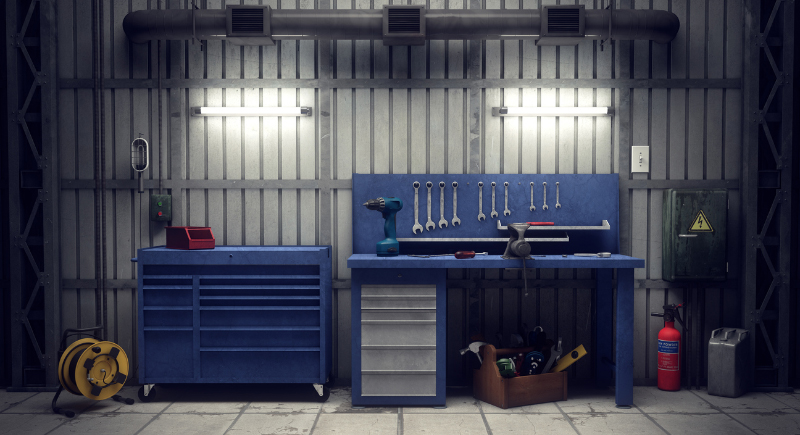
A garage or workshop provides a dedicated area to tackle repairs and creative projects. Without it, small fixes get delayed because tools end up packed away and hard to reach. Even furniture repairs or simple builds become challenging without a work surface.
Home Storage Space
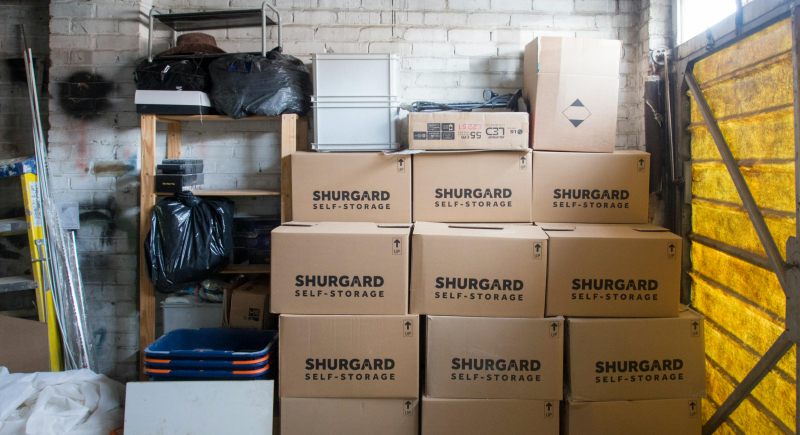
Storage space makes it easier to keep important items accessible and in good condition. It allows seasonal decorations, records, and tools to stay organized without constant reshuffling. But when room is limited, items usually get misplaced or damaged because they’re crammed into corners.
Kitchen Size And Appliances
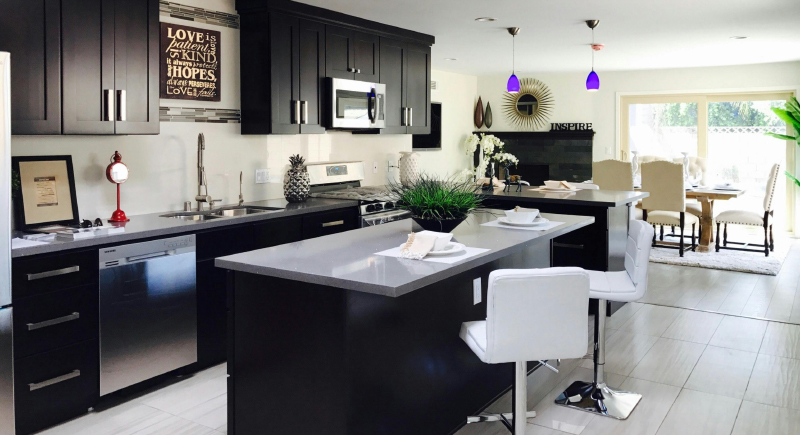
This is the one room that sits at the center of most homes. In a smaller kitchen, people who enjoy cooking feel the impact first. Counter space quickly runs out, and the reserve for mixers or pans disappears. Preparing meals for guests becomes complicated, and hosting feels more stressful.
Backyard Or Garden Areas
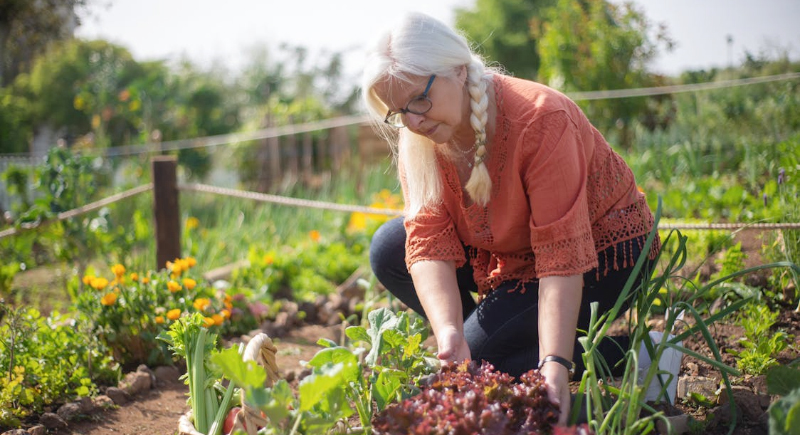
Studies have shown that access to private outdoor space can reduce stress levels and improve overall well‑being. On this note, a yard offers an opportunity to grow herbs or enjoy a quiet meal outside. Meanwhile, shared outdoor areas rarely provide the same control or privacy, which makes them feel restrictive.
Independent Living Space

Many people once used their homes for activities that required quiet and privacy, like late‑night woodworking, practicing an instrument, or setting up a small home office. However, in multi‑unit buildings, those activities often become difficult. Sounds travel easily through walls, and hallway movement can feel intrusive.
Personal Possessions
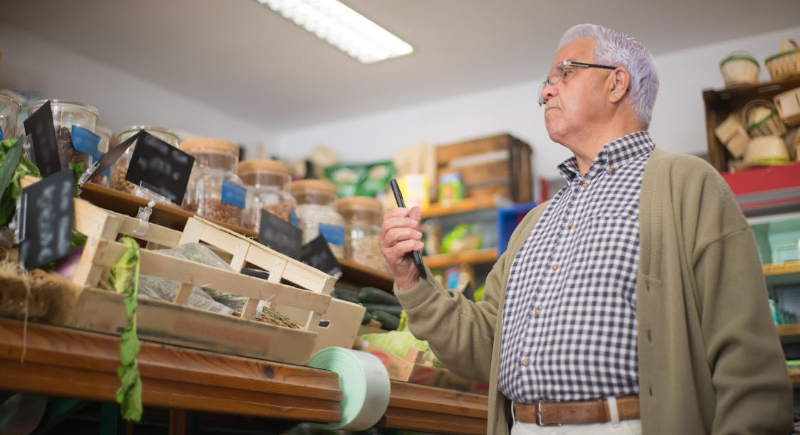
It is normal to sell belongings during a move or when trying to create more space. Furniture, keepsakes, and items collected over the years seem impractical in smaller homes. In the rush to downsize, several pieces are sold for far less than their worth. Later, people realize those objects hold memories that cannot be replaced.
Large Living Rooms
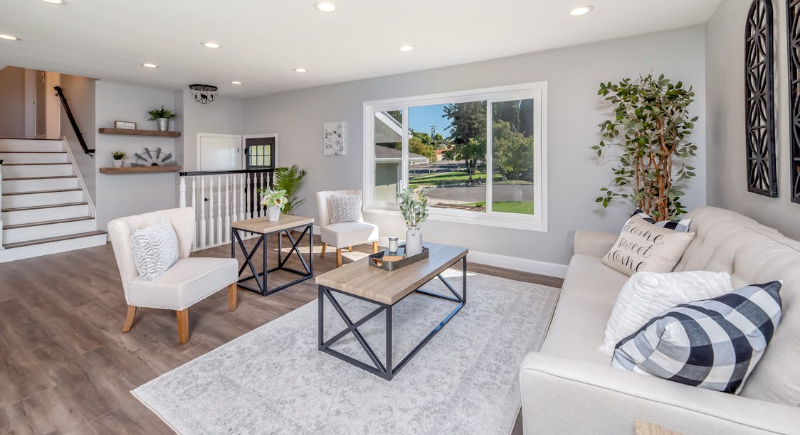
There were times when a home would fill with activity—family dropping by unannounced, kids running through the room, and neighbors settling in for long conversations. A spacious living room allowed plenty of seating, open walking areas, and room for extra tables during meals.
Social Commitments

Studies have shown that regular contact with others lowers stress and supports better health in older adults. Even with that benefit, many individuals step away from clubs or volunteer work during big life changes, thinking they need more free time. Rebuilding those social ties later is difficult, and retirees eventually realize how much those connections add to their quality of life.
Hobby Or Craft Rooms
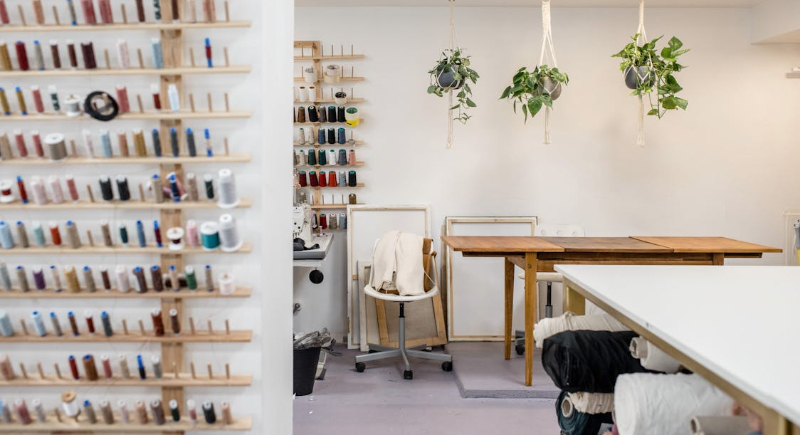
While a smaller home may seem easier to manage, losing a dedicated hobby room creates constant interruptions. Supplies end up packed in boxes, and every session begins with searching and setting up. Projects like puzzles or paintings cannot stay out, so progress slows or stops altogether.
Familiar Routines
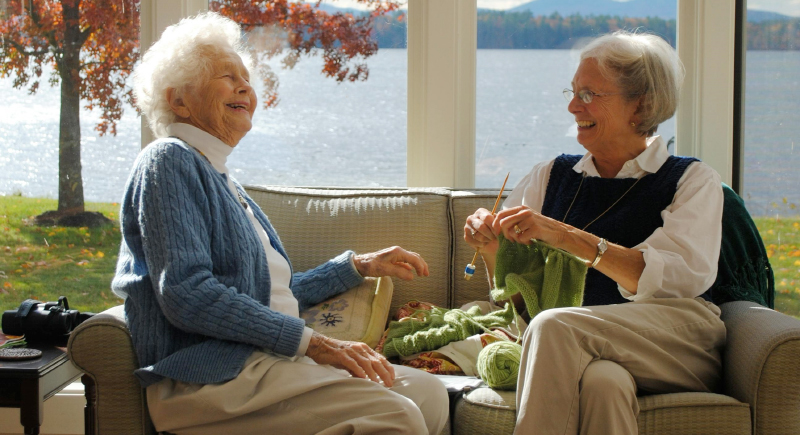
Leaving a long‑time home can stir an unexpected sense of displacement. Daily patterns built over the years—like greeting the same shopkeepers or chatting with neighbors—suddenly vanish. Research disclosed that older adults who relocate tend to report higher levels of loneliness during the first year after moving.
Attics Or Basements
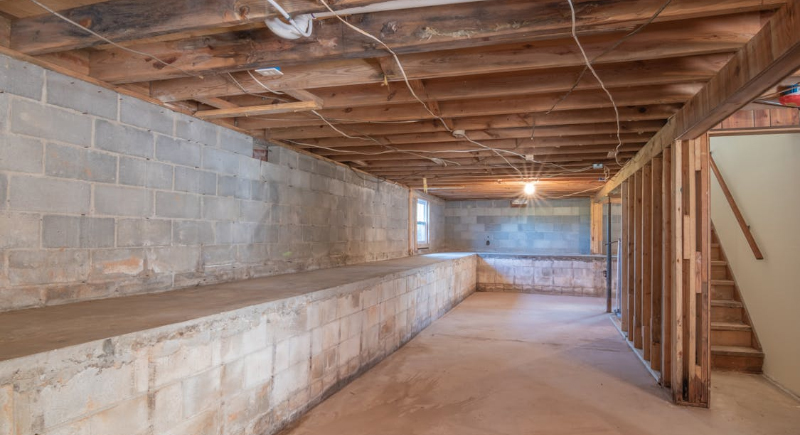
If you live in a home without an attic or basement, you quickly notice how hard it becomes to manage extra belongings. Numerous people end up paying for storage units just to keep their essentials. Searching for kept items takes longer, and clutter builds up in living areas.
Larger Bathrooms
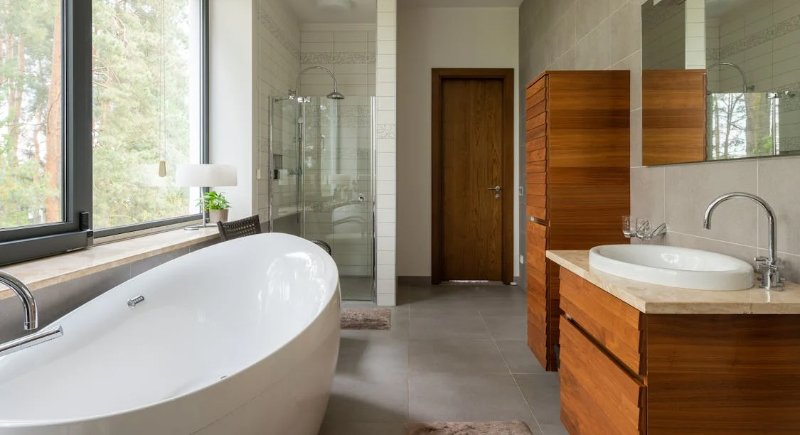
For those who value comfort and practicality, a larger bathroom offers clear advantages. It allows easy movement, extra inventory for supplies, and room to add safety features as needs change. But if you do not have that leverage, everyday tasks can feel cramped.
Outdoor Workshops Or Sheds
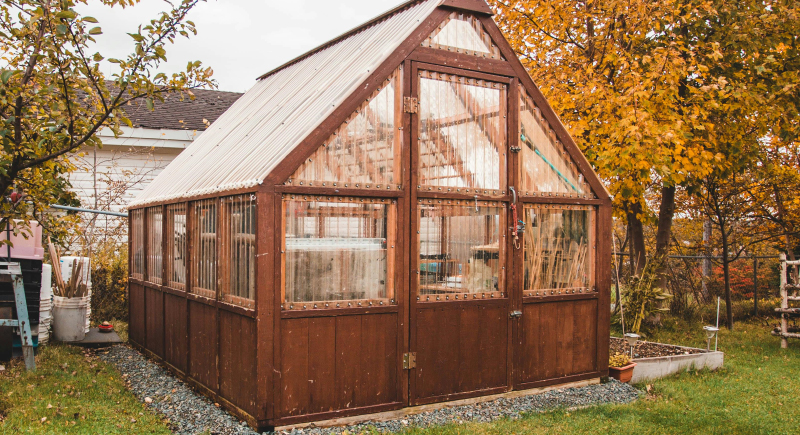
Detached sheds typically serve as private spaces for hands‑on work, which is why many miss them the most after moving into smaller homes. These areas make it easy to organize supplies, repair furniture, or build small projects, and prevent cluttering the main living areas.
Budget For Travel And Hobbies

Traveling in later years brings fresh experiences, strengthens memory through new learning, and keeps people socially engaged. Visiting new places usually sparks conversations and builds confidence in handling unfamiliar situations. When travel budgets shrink, those benefits disappear.